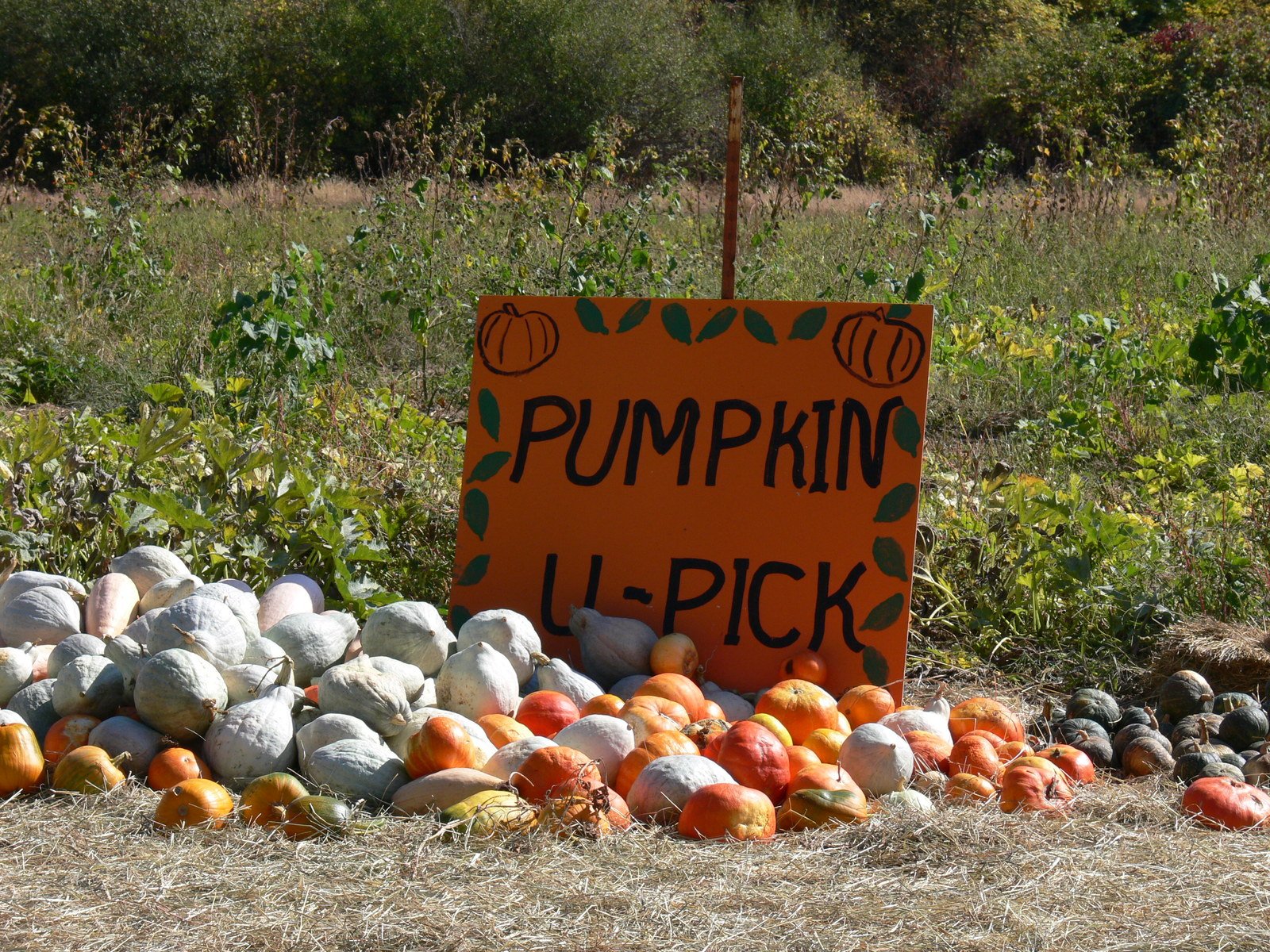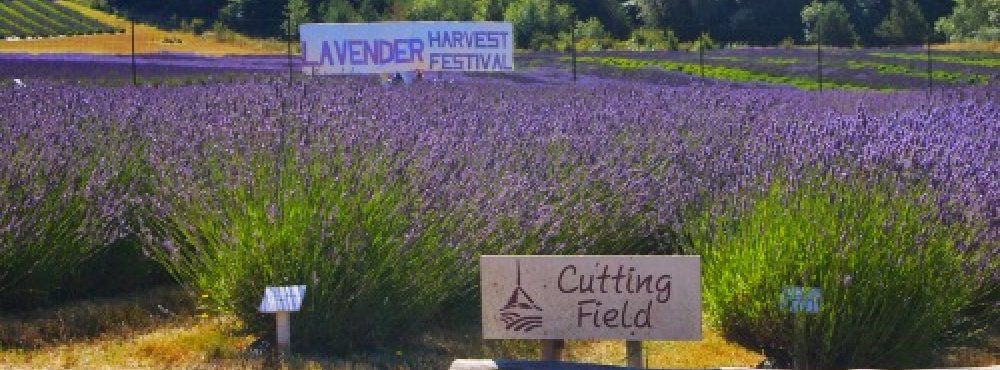Mini-hub of farm business insurance ideas gathered from other farmers
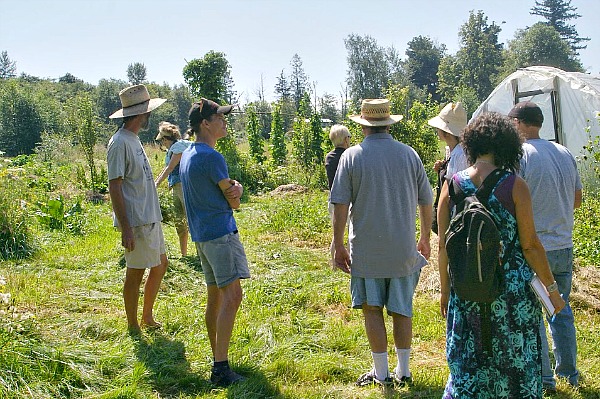
Welcome to our mini-hub of insurance ideas collected from what we've experienced ourselves, discussed directly with other eco-farmers, and found reported elsewhere including from even more smaller local independent farmers including those involved in agritourism.
Skip down to insurance articles below
Our articles discuss liability and property damage insurance. Though health insurance is very important for farmers, we're not covering it here, at least not yet.
While your state's Farm Bureau may be a place to start for various types of insurance policies for American farmers, some farm and ranch insurance policies are designed only for larger agribusinesses. Some states, for example, require a minimum of 10 acres of working farmland to be considered for a farm insurance policy. Others may expect projected annual incomes of higher amounts than a smaller or part time eco-farm plans to earn, at least at first. You may not want to completely discount them, though. While one agritourism farmer stated bluntly that they tried their state's Farm Bureau and, "it sucked," another one from another state had great service from theirs.
But for some, their eco-farming and agritourism farms may fall more under the category of home business insurance or even hobby farm insurance if any company in their state offers such a category.
It can be far more confusing than a corn maze at first to find just the right custom made policy for you. But there are smaller eco-farmers of all types keeping themselves safely insured while succeeding financially. From goat brush clearing mini-farms to blueberry u-picks to small acreage market gardeners who give regular tours of their farm.
These ideas come mostly from American farmers as that is our country and we focus on that, so our apologies to our eco-farming friends from around the world. Perhaps there may be something that's of a little help to you.
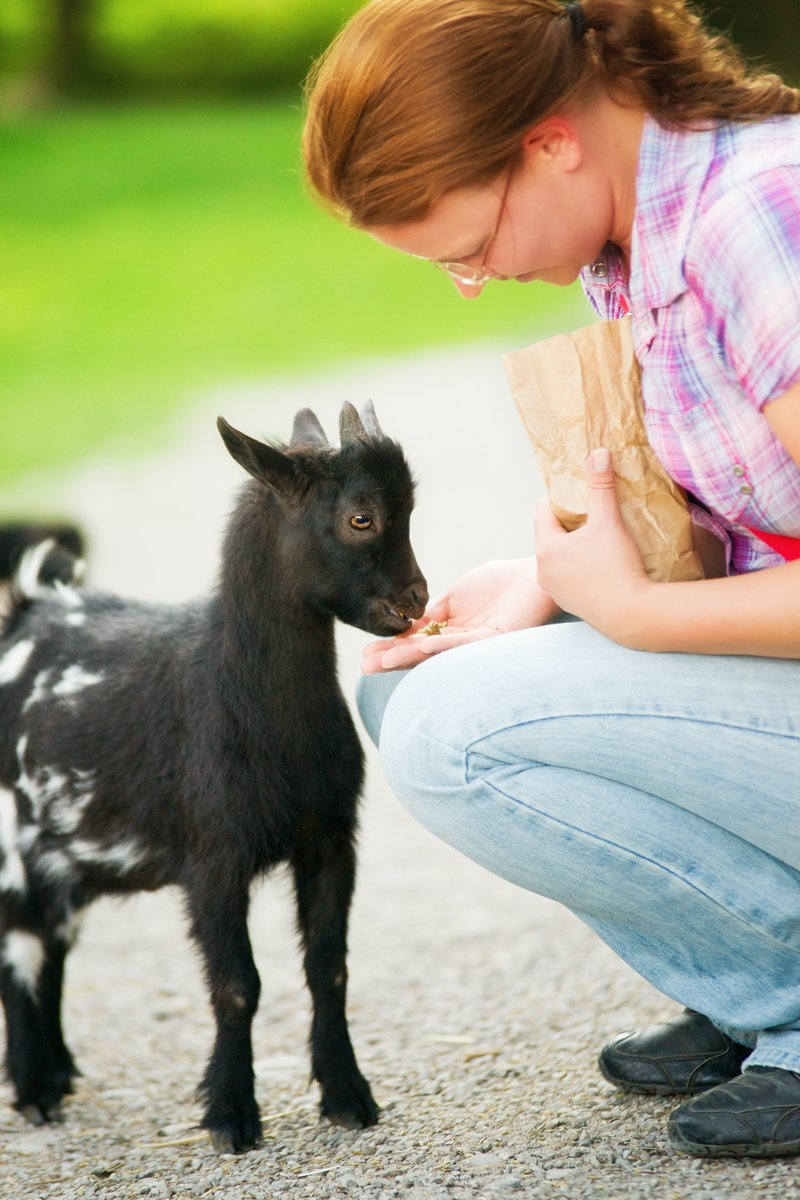
We assume your farm is also your home, although there may be overlap for those who farm on land away from their home. We don't expand into insurance for employees, but certainly cover the situation of customers coming on to the farm or into the farm home. Do realize we aren't offering legal advice nor are we licensed financial advisors or insurance agents and aren't responsible for your ultimate choices. But we hope to provide examples of what worked well for others that you may then want to take to your own agent or attorney or other legal advisor to look into if it seems it would be valuable to you. Especially with customers coming to the farm, you not only want to protect your home, buildings, fences, animals and equipment from damage by them, you also want to protect yourself from them suing for damages or injuries while on your property.
We've seen what has worked
for many farmers, but have also seen what concerned us. One
agritourism farmer whom we won't name invited paying guests onto his farm for various activities including horses for viewing from the
other side of the horses' fence. He didn't offer rides or contact with the horses.
When asked how he handled liability insurance regarding having customers
and horses on his property, his answer was that he didn't tell his insurance company he had horses and hoped they wouldn't find out. Could become quite a problem on an agritourism farm with paying on-farm customers if someone sticks their hand through the fence, gets a bite, and sues. The insurance most likely won't cover it if horses weren't part of the policy. While it's true that some states have equine immunity laws which shield horse owners from some liability, not all states have it, and not all states extend it to farm customers and paying agritourism guests. Rather, in some states it's only a protection for private horse owner non-business activities. In other states with various farm immunity laws, the equine immunity law may in fact go in the other direction and apply only to full time equine businesses vs. people who have just a few on hand as customer novelties amidst other unrelated farming activities. We go over this more in some of the articles below.
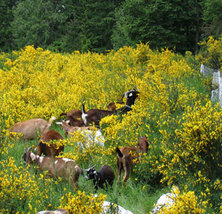
On the other hand, Tammy Dunakin has a financially robust small acreage goat farm she named Rent-a-Ruminant earning great income by hauling the goats to various locations for brush control. Imagine the liability if a goat ran into a freeway causing a backup of accidents! But she confidently stated that she has very good liability insurance, and that it's a must for her farm. Here's a photo of her goats at work earning her income while doing what goats love to do.
Insurance articles:
- Truck insurance for an unregistered and unlicensed farm truck that stays mostly on the property, but needs to drive safely and legally on the road at times.
- Insurance for a single truck that's licensed and registered that both works the farm and is used for personal errands as well. A money saving possibility.
- Beyond homeowner's insurance: When your private family home and acreage first steps into the arena of being a business.
- A collection of farm business insurance ideas that might save costs for independent eco-farmers, including farmstay, u-pick, and other agritourism farmers.
